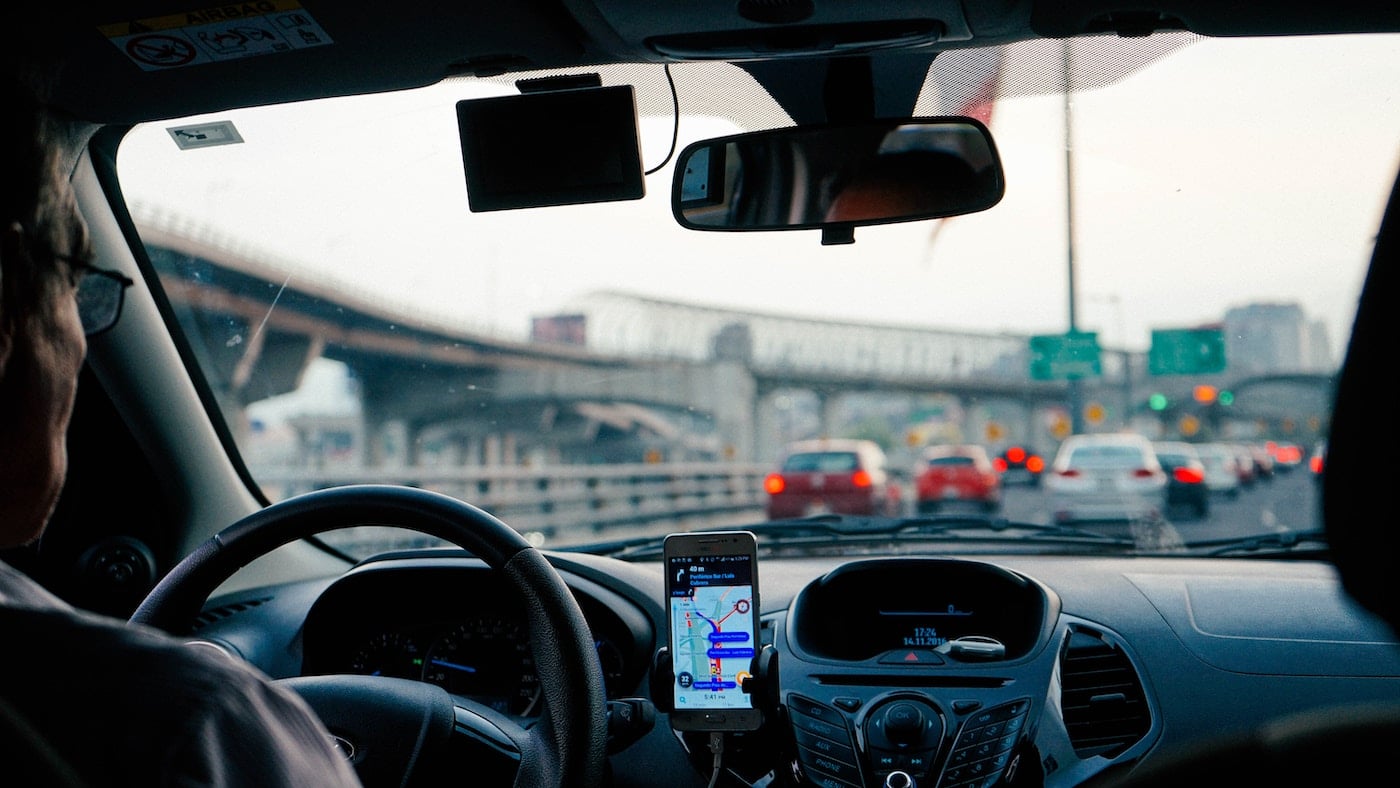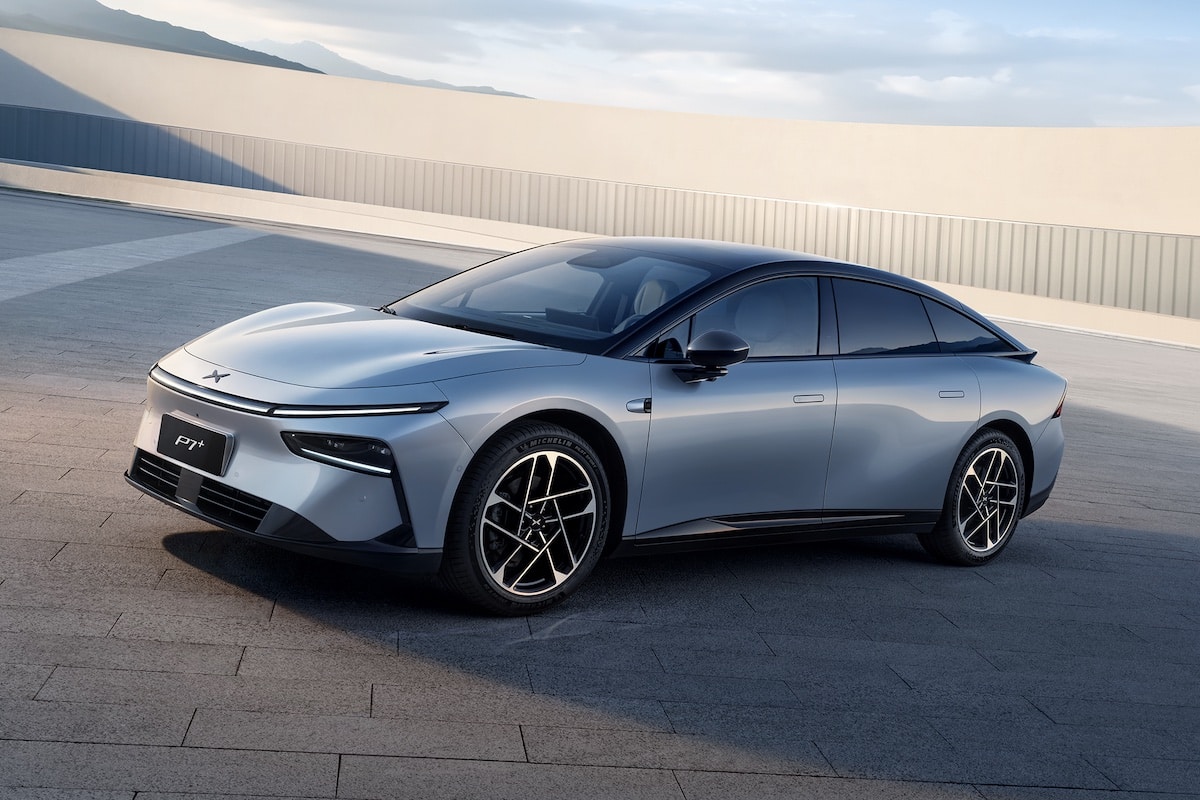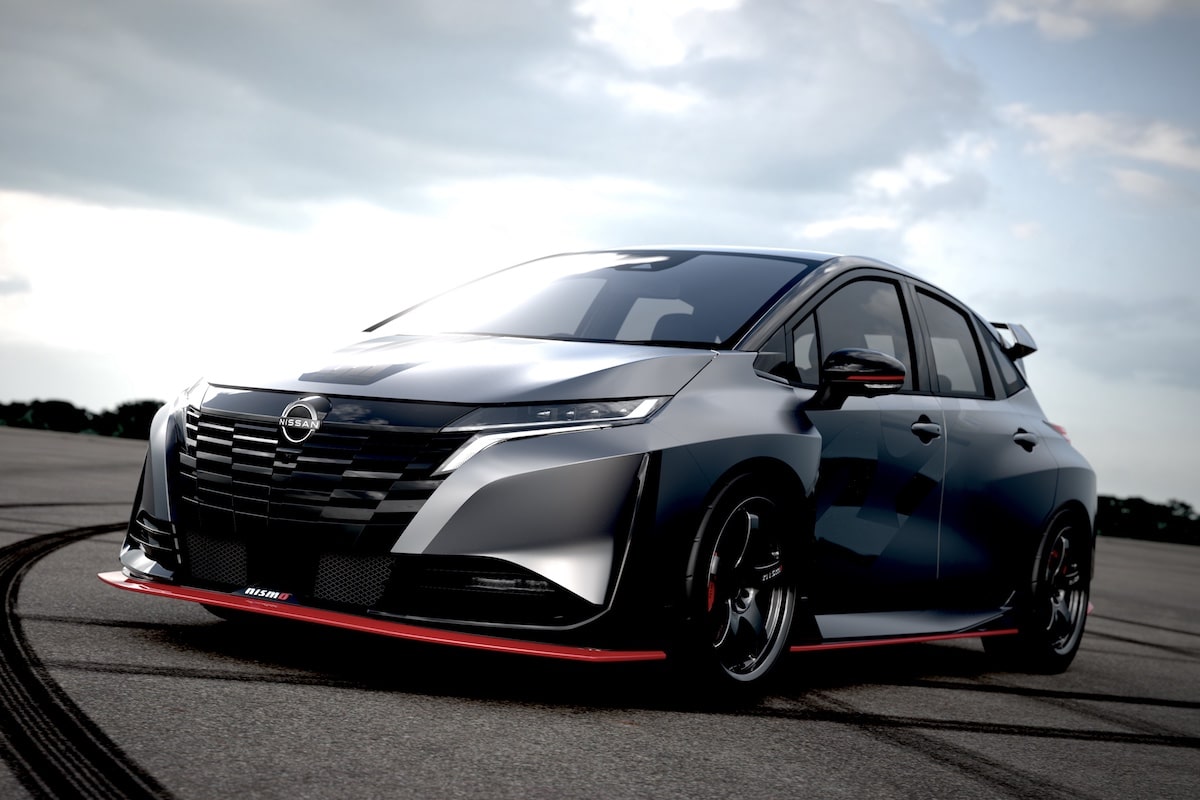Why is Carpooling Taking So Long to Take Off in France? (Video)

A recent study conducted by the Ministry of Ecology estimates that only 3% of commuting trips are made through carpooling. Why such a failure?
Saying that carpooling does not find its audience in France would be misleading. Alas, it does not work as well as hoped. While its share is increasing nonetheless, mainly due to growing awareness of climate change and financial impact, carpooling has not yet found its true place in traffic.

What are the reservations about adopting carpooling?
- Travel habits: Travel habits in France are often very focused on motorized individual transport (car, motorcycle, scooter, etc.) or public transportation, walking, or cycling. Carpooling may be perceived as a less practical option for daily trips due to time constraints.
- Cost: The cost of carpooling might be considered too high by some users, especially those with limited incomes or those using subsidized public transport.
- Environmental awareness: Carpooling is often viewed as an eco-friendly option, but some people may not be sufficiently sensitive to the importance of reducing their carbon footprint.
- Trust: For some users, sharing a car with a stranger can be perceived as risky or unreliable, particularly for long trips or solo travelers.
However, despite these factors, it is important to note that carpooling is gaining popularity in France. Many carpooling platforms have been launched in recent years, and more and more people are adopting this practice for longer trips or occasional travel.
READ ALSO: Carpooling: the government considers its incentive effective
This page is translated from the original post "Pourquoi le Covoiturage tarde à démarrer en France ? (Vidéo)" in French.
We also suggestthese articles:
Also read




